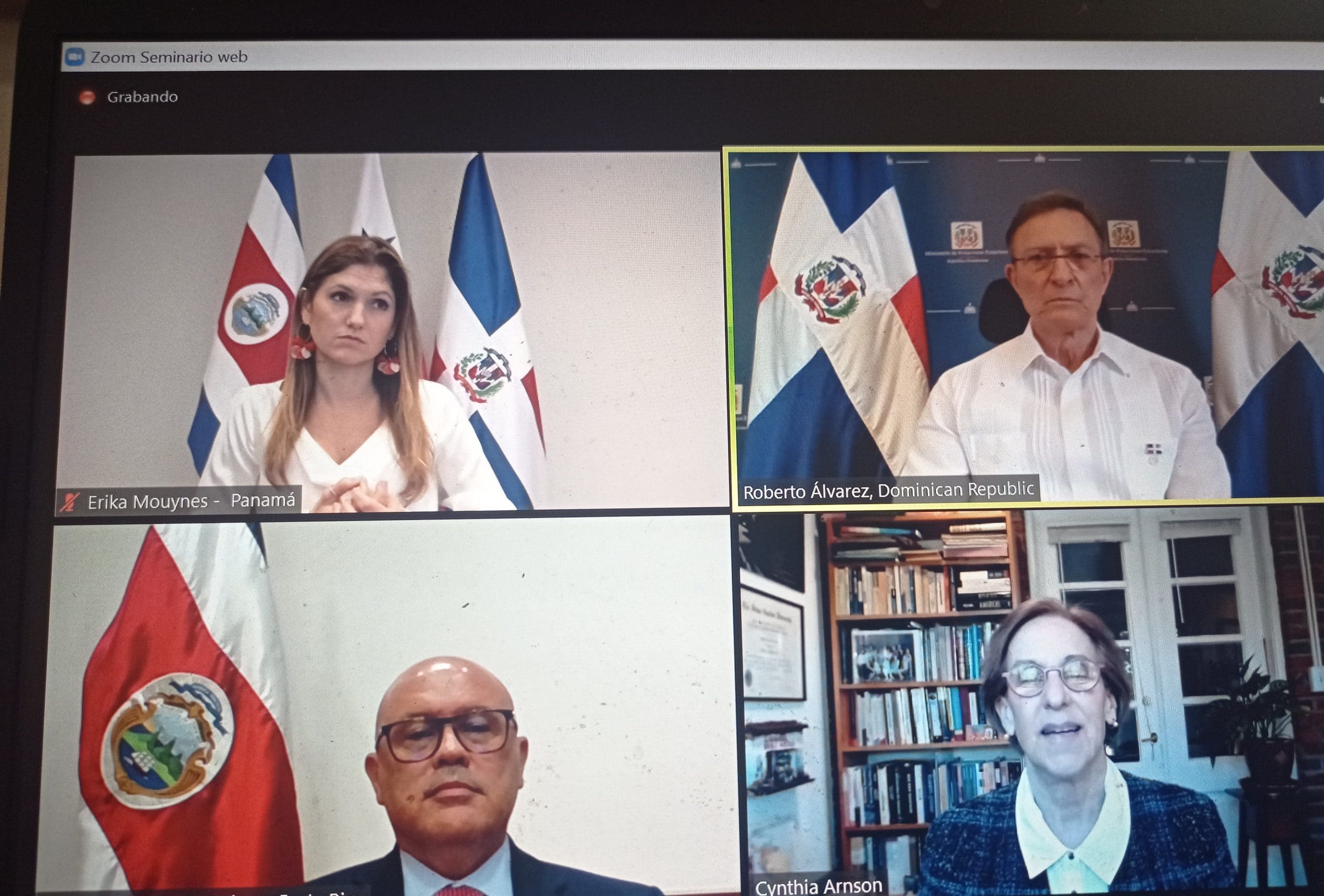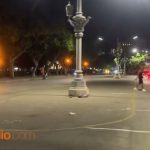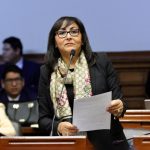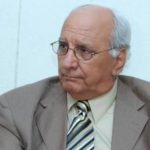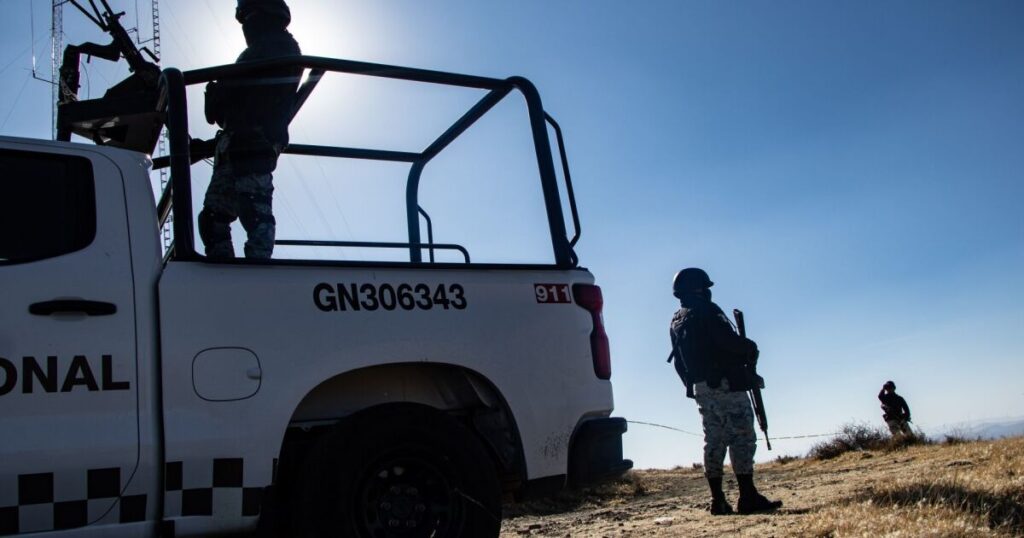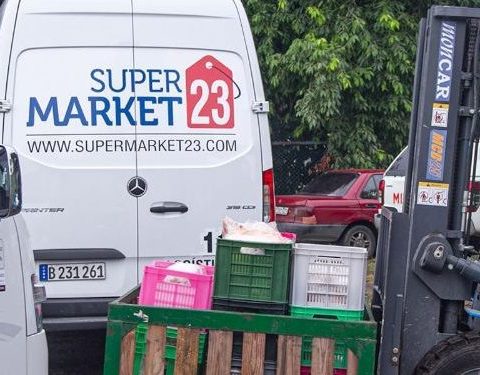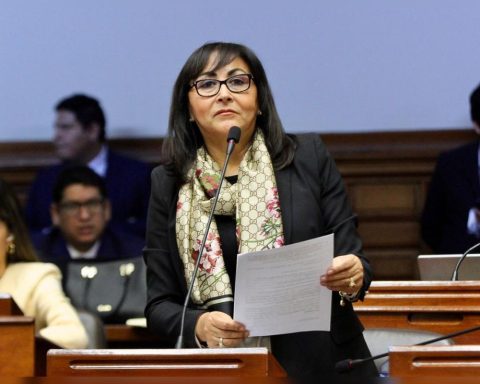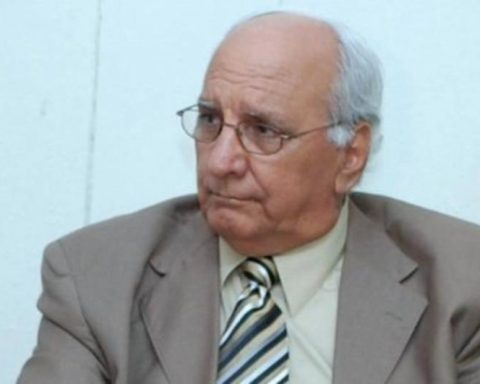The foreign ministers of Costa Rica, Panama and the Dominican Republic agreed on Tuesday, January 11, to describe the crisis in Nicaragua as an “urgent priority” in the region, a day after Daniel Ortega took office, which marked the beginning of the year. number 15 in the power of the regime, which occurred under the shadow of illegitimacy and denounced for serious human rights abuses.
The foreign ministers of the three countries participated in a virtual meeting, promoted by the Wilson Center from the United States, under the leadership by Chyntia Arnson, the director of the Latin America program. The three officials talked about the Alliance for the Development of Democracy, which is four months old, and in which they have expressed their views at the public’s request on Nicaragua.
The Foreign Minister of Costa Rica, Rodolfo Solano Quirós, stated that democracy, human rights and freedom of expression “are under attack”, which requires an intelligent and strategic regional response in a context in which the pandemic has meant a deterioration of democratic quality, high levels of corruption and restrictions on the press.
“Nicaragua has a regional element and it is necessary to consider that democratic institutions not only respect human rights, but are to promote human rights and I think this is an issue to consider,” said the minister when answering the question about the Nicaraguan crisis.
Solano assured that we must continue working with the international community to find a “smart way” to bring the neighboring country back to a “more democratic” life.
Last November 12, a majority of 25 countries of the Organization of American States (OAS), among them the members of Costa Rica, Panama and the Dominican Republic, denounced the illegitimacy of the votes of last November, demanded the immediate freedom of the prisoners. political rights and the restitution of the democratic rights of Nicaraguans, violated by the regime since September 2018 and further violated since last May when they initiated a repressive escalation to eliminate electoral competition.
Until mid-January 2022, the secretary general of the organization, Luis Almagro, extended the deadline to send a report on the negotiations with Ortega before the regional resolution, however, diplomatic sources affirmed to CONFIDENTIAL that they are in a Deadpoint.
Solano said in the Wilson Center forum that they are waiting for the Nicaraguan authorities to show in the short term a good way to express their understanding of regional situations that demand that democracy, human rights and freedom of expression be a part that “identifies to the Central American region and may the world know us as a peaceful and democratic region ”.
Costa Rica insists on diplomatic efforts
Solano said that you have to keep working. “We will be able to have different actions to develop so that Nicaragua creates its own strategies and we must support them with different actors in the region such as the United States, Canada, the European Union, even with other actors such as the Vatican and the possibility of establishing (…) It is a concept that we have on the table, but we must be very clear that the historical moment of understanding of democracy and human rights is the main agenda that can provide, not only for Nicaragua but for the entire region, the conditions to advance towards inclusive development ”, He explained.
The Foreign Minister of Panama, Erika Mouynes, assured that, despite the pandemic, a constant connection must be ensured to address situations that are urgent priorities such as Nicaragua and other countries in the region.
According to Mouynes, these types of cases imply the responsibility to treat them appropriately, which means that they will continue to exert pressure and also carry out a humanitarian response.
One of the cases highlighted, from the beginning by the official, was the issue of migration and she explained, for example, that in the case of Panama she saw at least 8,000 migrants cross its borders, which rose to 140,000 last year .
“They basically came from Haiti and this requires a collective analysis, no country can react to this on its own. We are the first country that provides medical care, shelter, biometric tests, this alliance is extremely useful in promoting this discussion ”, he argued.
They do not replace regional bodies
The Foreign Minister of the Dominican Republic, Roberto Álvarez, said that, although they have addressed the issue of Nicaragua, that does not mean that this alliance of countries replaces regional organizations such as the United Nations or the OAS.
“Our intention is not to replace existing institutions, it is to work in favor of what exists,” said Álvarez.
Mouynes supported the position of his counterpart from the Dominican Republic and said that the OAS has been working in Latin America for decades, but explained that they can join forces to “ensure a more active way that leads us to change to direct us to what we want to achieve.” .
The three foreign ministers also addressed other regional issues such as global trade, supply chains, the climate effect, the pursuit of sustainable development, in addition to democracy. They also think about the possibility of an alliance with the United States to be held at a summit in March in Costa Rica.
The Development of Democracy initiative, of Costa Rica, Panama and the Dominican Republic, is carried out when in the Central American region there is an advance of authoritarianism in countries such as El Salvador, Honduras and Guatemala.
